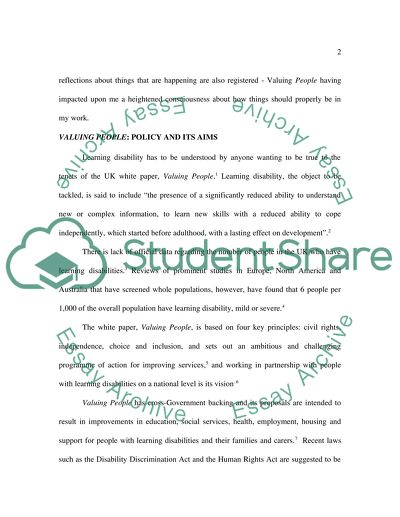Cite this document
(“Valuing People: Policy and Practice Essay Example | Topics and Well Written Essays - 4000 words”, n.d.)
Retrieved from https://studentshare.org/politics/1499364-policy-and-practice-in-health-and-social-care
Retrieved from https://studentshare.org/politics/1499364-policy-and-practice-in-health-and-social-care
(Valuing People: Policy and Practice Essay Example | Topics and Well Written Essays - 4000 Words)
https://studentshare.org/politics/1499364-policy-and-practice-in-health-and-social-care.
https://studentshare.org/politics/1499364-policy-and-practice-in-health-and-social-care.
“Valuing People: Policy and Practice Essay Example | Topics and Well Written Essays - 4000 Words”, n.d. https://studentshare.org/politics/1499364-policy-and-practice-in-health-and-social-care.


